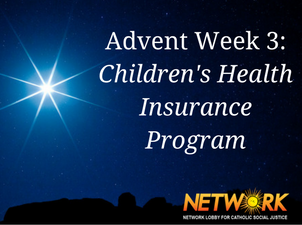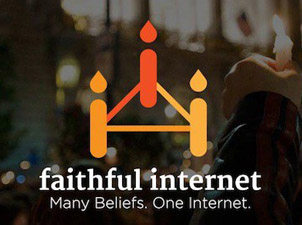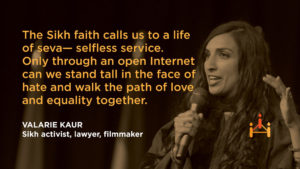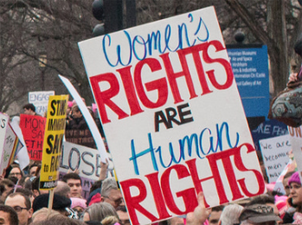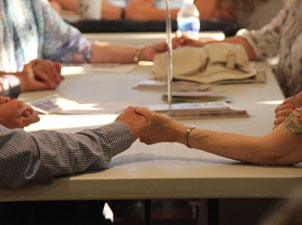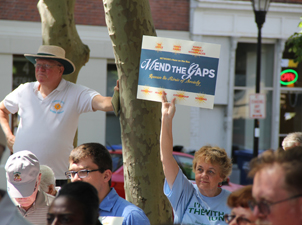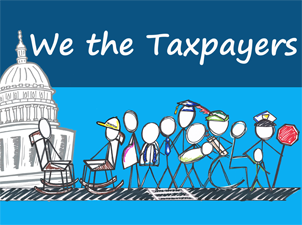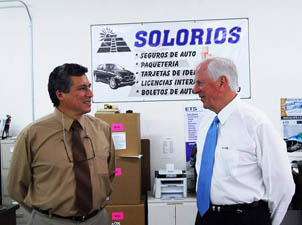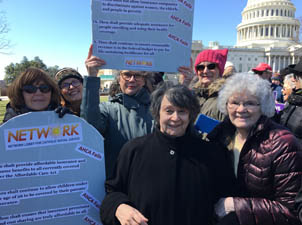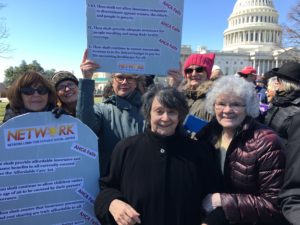
Our Advent Prayer: Let Us Support Children in Our Healthcare Policies
December 18, 2017
During the third week of Advent, we recall the time Mary and Joseph spent preparing for the birth of Jesus – time spent in joyful anticipation. Now, we wait in hopeful anticipation for Christ and strive to shape a world where all children are welcomed and cared for, including children who receive healthcare insurance from the Children’s Healthcare Insurance Program.
As we prepare for the coming of Jesus, we are reminded of children across the country whose lives are affected by federal policies. This week, we explore the current reality for children who are at risk of losing healthcare insurance because funding for the Children’s Health Insurance Program (CHIP) has not been renewed.
“The Word became flesh and made his dwelling among us. We have seen his glory, the glory of the one and only son, who came from the Father, full of grace and truth.” -John 1:14, NIV
The Urgent Need to Renew CHIP
By Lucas Allen
We are now just a week away from celebrating the coming of Jesus, who was born into poverty and vulnerability outside an inn which had no room. But for many families, this season of joyful anticipation is overcome by anxiety about the future of their child’s healthcare. Congress’s failure to fund the Children’s Health Insurance Program threatens to leave millions of our nation’s children and families “outside the inn” of our healthcare system right around Christmastime.
For 20 years, CHIP has been a popular, bipartisan program that has brought the rate of children without health insurance down to the lowest level in our country’s history. It provides 8.9 million children and pregnant mothers with low-cost, quality healthcare. Yet Congress’s fixation on partisan attempts to repeal the ACA and giving tax cuts to the wealthy caused this program to fall through the cracks; its funding has now been expired for 79 days. Many states are near exhausting all leftover funds, and families have begun receiving notices that their coverage will be terminated if Congress does not act soon.
As families receive these terrifying notices, members of Congress like Senator Orrin Hatch are saying things like, “the reason CHIP’s having trouble is because we don’t have money anymore.” This week Republicans are rushing to give over $1 trillion in deficit-financed tax cuts to the very wealthiest and to corporations, but as soon as a program for children needs a much smaller funding extension, there’s not enough money and kids are left out in the cold.
This Advent, let us call on our Representatives to prioritize those born into poverty, “outside the inn.” Let us celebrate the one who “came that they may have life and have it abundantly” (John 10:10) by making sure our children have the care they need to flourish.
Resources
News on the Children’s Health Insurance Program (CHIP) and how it affects families:
Anxieties Rise as CHIP Funding Expires
The CHIP Program Is Beloved. Why Is Its Funding in Danger?
These states are running out of CHIP funding
A Prayer for Families
Lover, loved and love. We call you Trinity. We acknowledge you as source and strength and holiness. We pray for mothers, those who bear life: protect, educate, nourish and defend their children. Strengthen them so they may enable their young to grow strong and true. Inspire fathers to be models of justice and peace to their children. Show your face to children as they take their place in the world and find their calling.
We intercede on behalf of those who care for others’ children. May they show a mother’s love as they help children grow in doing what is right and just. Enlighten our policy makers to understand that families need affordable child care while they work to provide their children’s necessities. Inspire us as a human community to support our values with our resources.
We entrust families to you knowing that they are the foundation of community. Send your angels to guard families from threats to their safety and unity. Make their way straight and smooth. Remove what blinds them to see that without you as the hub of their wheel they will waver on life’s journey. We place our trust in you.
Amen.
Written by Sister Carren Herring, HSM







